Required Courses:
7117 Principles of Agriculture
5008 Animal Science
5070 Advanced Life Science: Animals
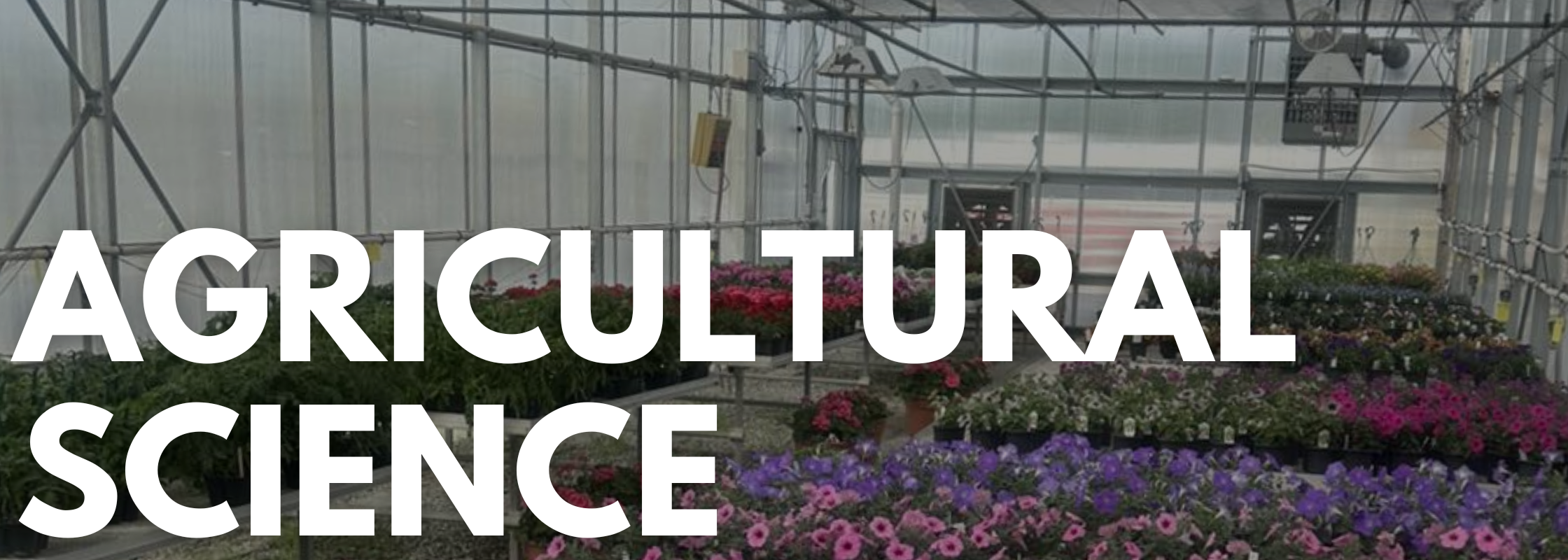
Rushville Consolidated High School's Agricultural Science program provides a variety of paths for students after graduation. For those interested in pursuing higher education, the Agri-Science Plants, Agri-Science Animals, and Horticulture pathways prepare them for college majors in fields like agronomy, animal science, veterinary technology, and landscape architecture. Students also gain a significant advantage through dual-credit courses, which allow them to earn college credits while still in high school, potentially reducing the time and cost of a degree. Beyond academics, agriculture education opens doors to diverse job opportunities in food production, research, agribusiness, natural resource management, conservation, and especially farming! Additionally, the skills and discipline developed in these programs, such as leadership, technical expertise, and problem-solving, are valued by all branches of the military, offering a viable pathway for those seeking to serve.
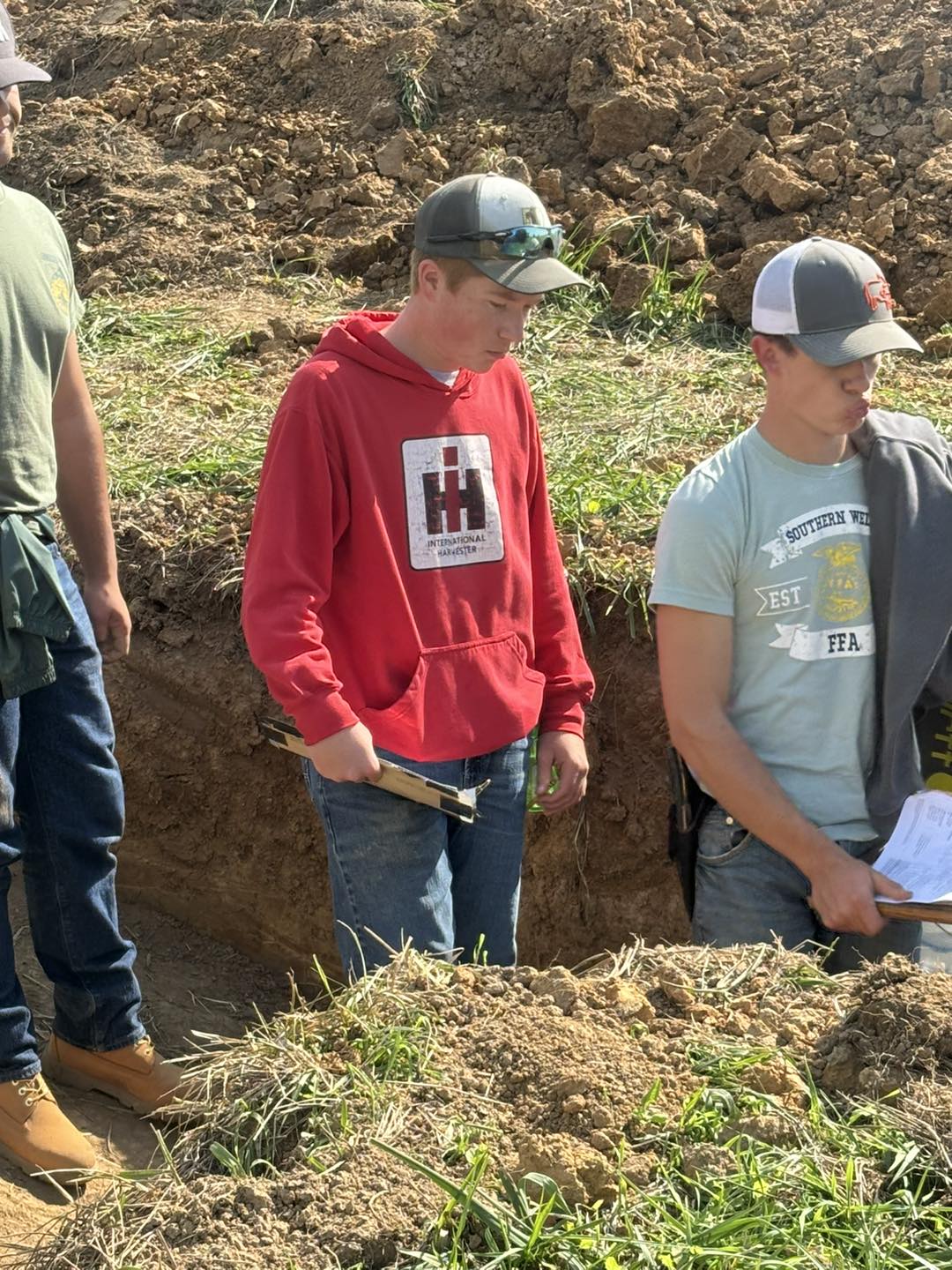
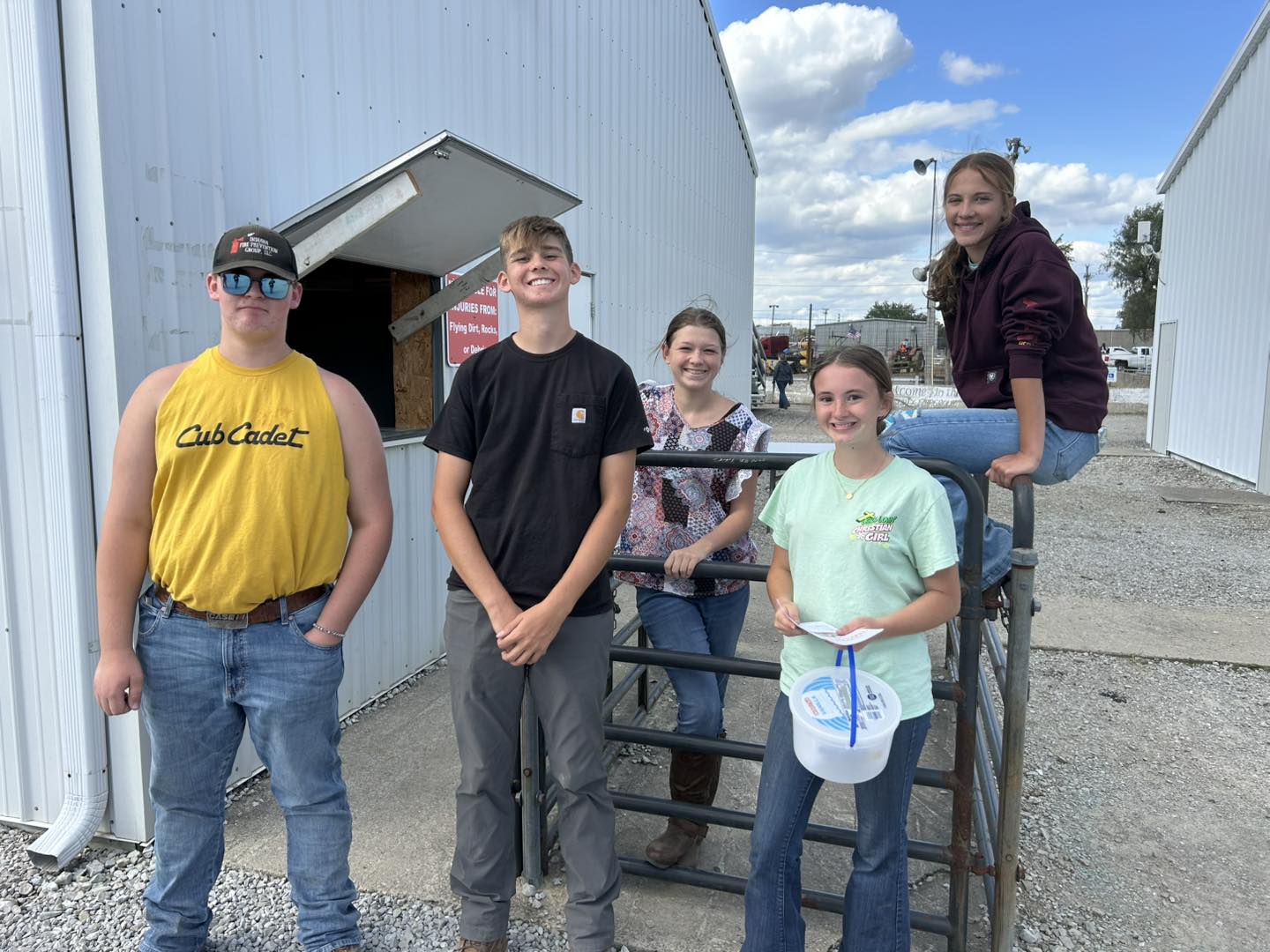
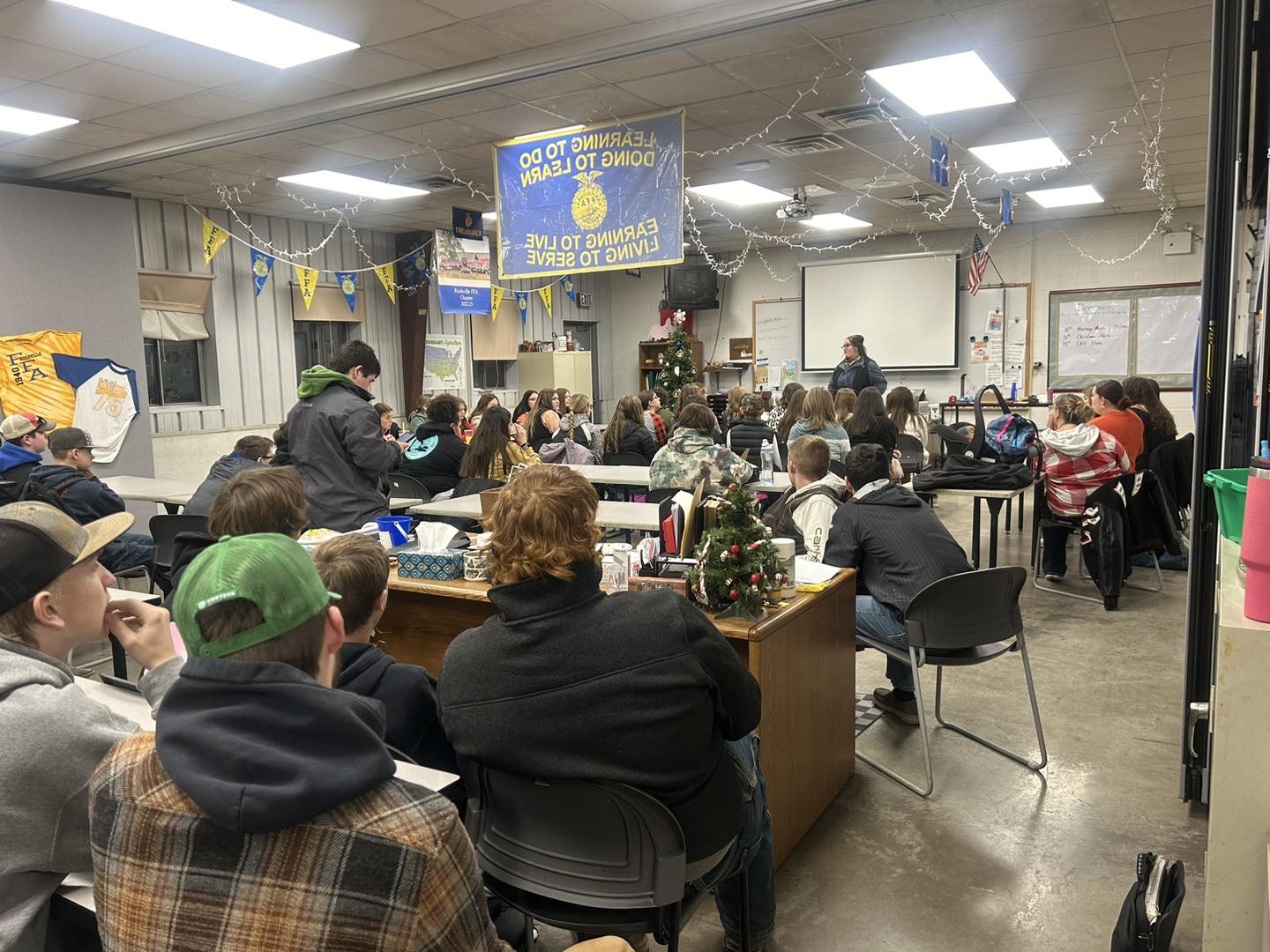
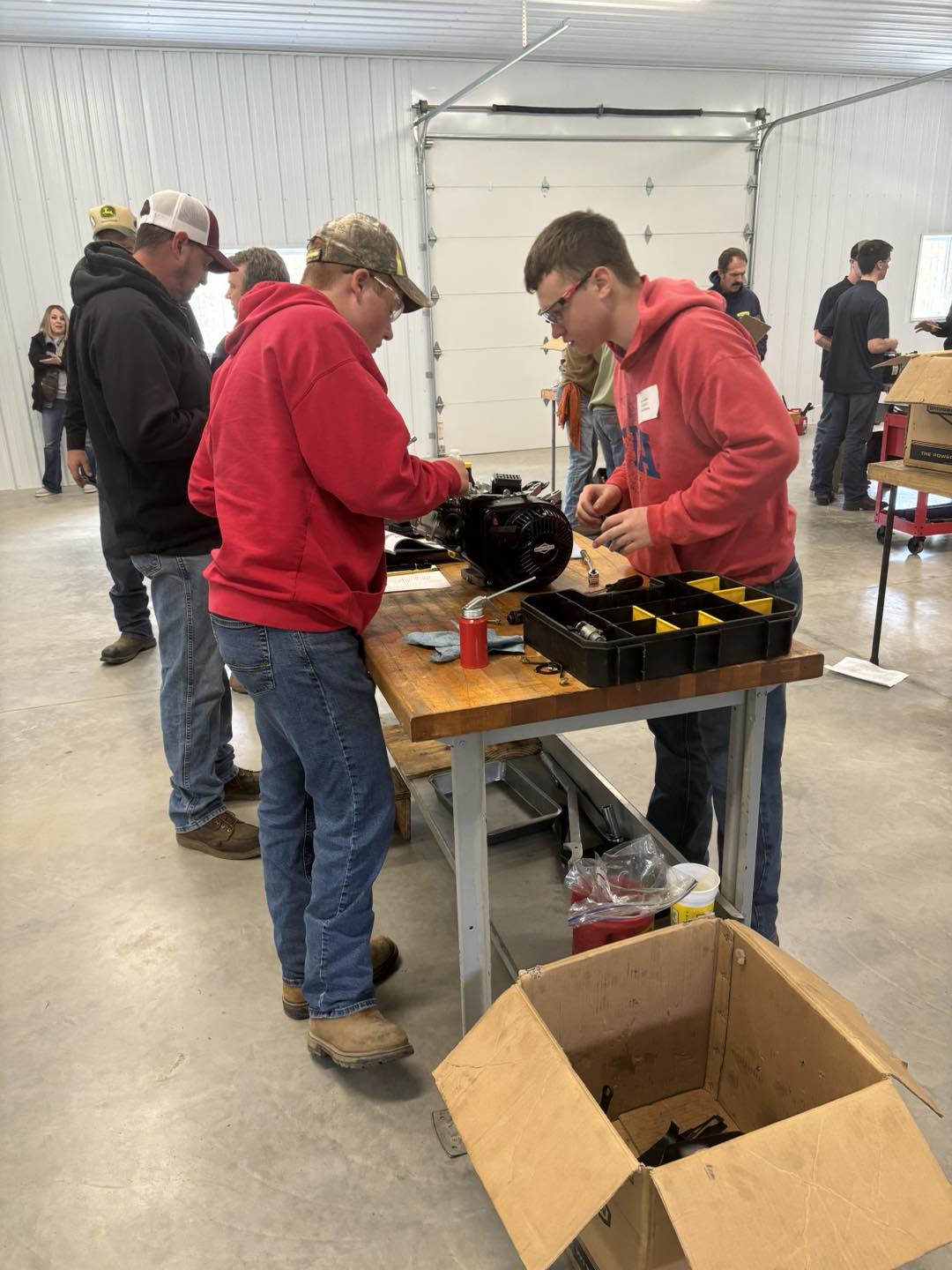
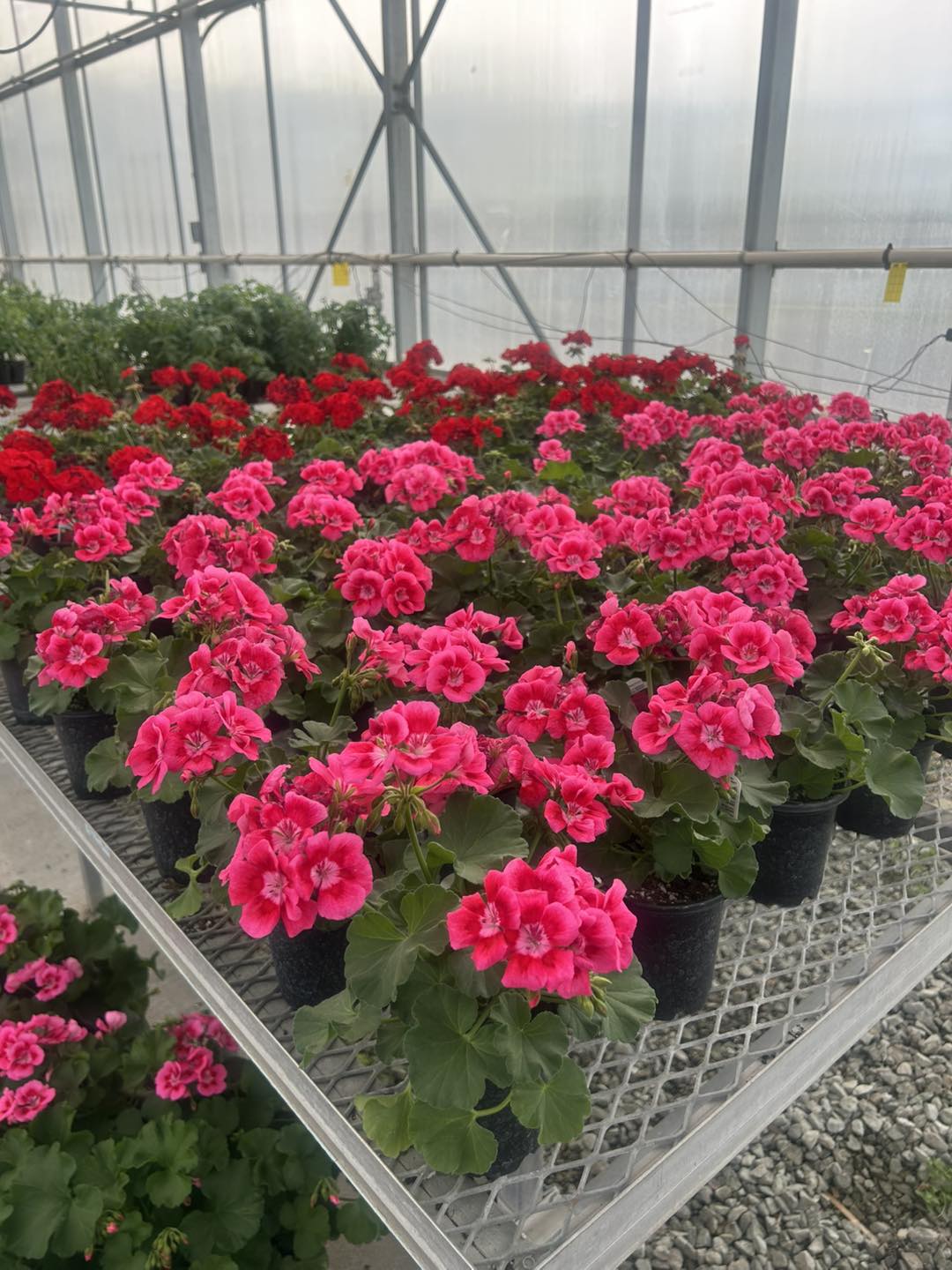
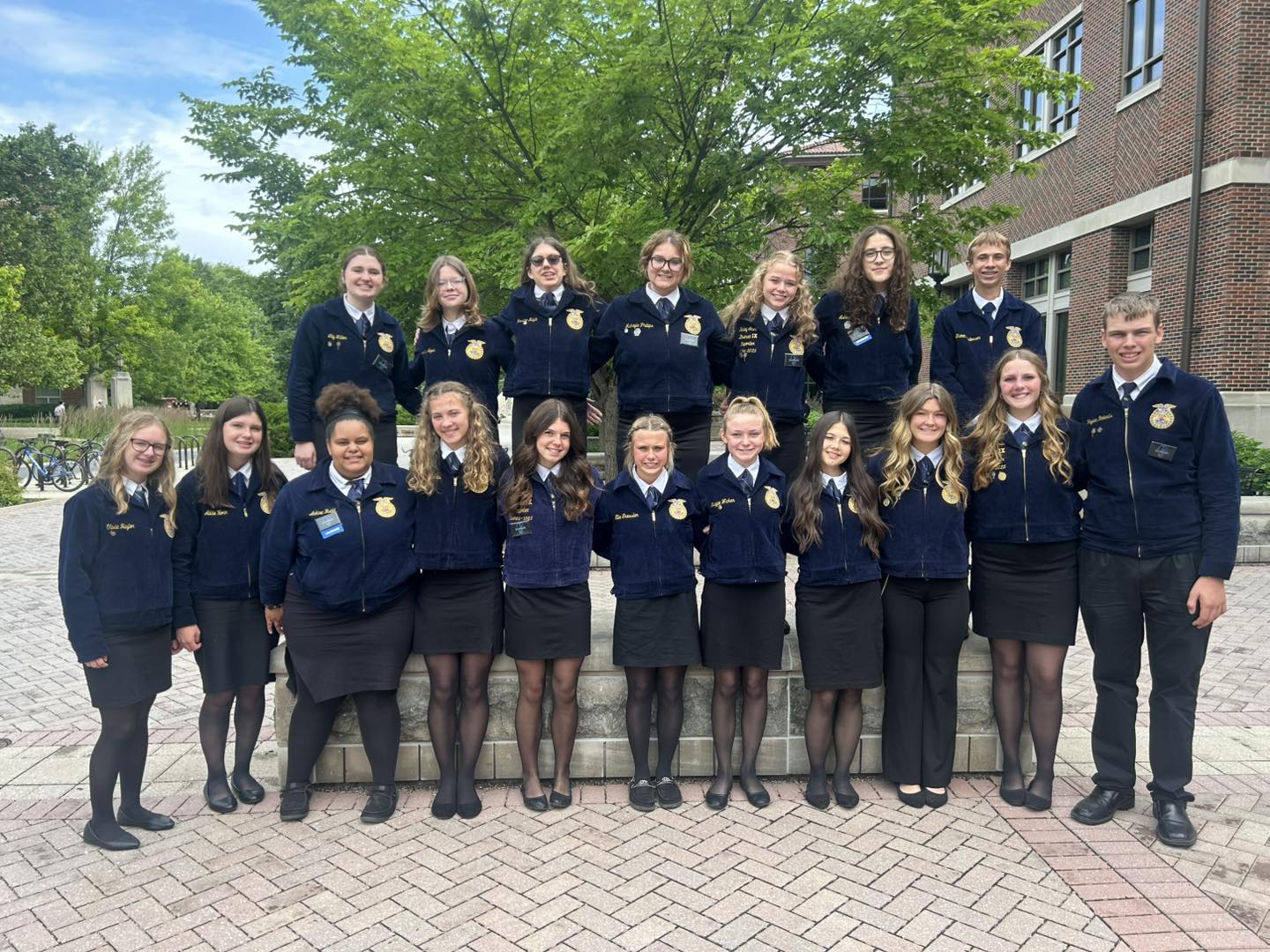

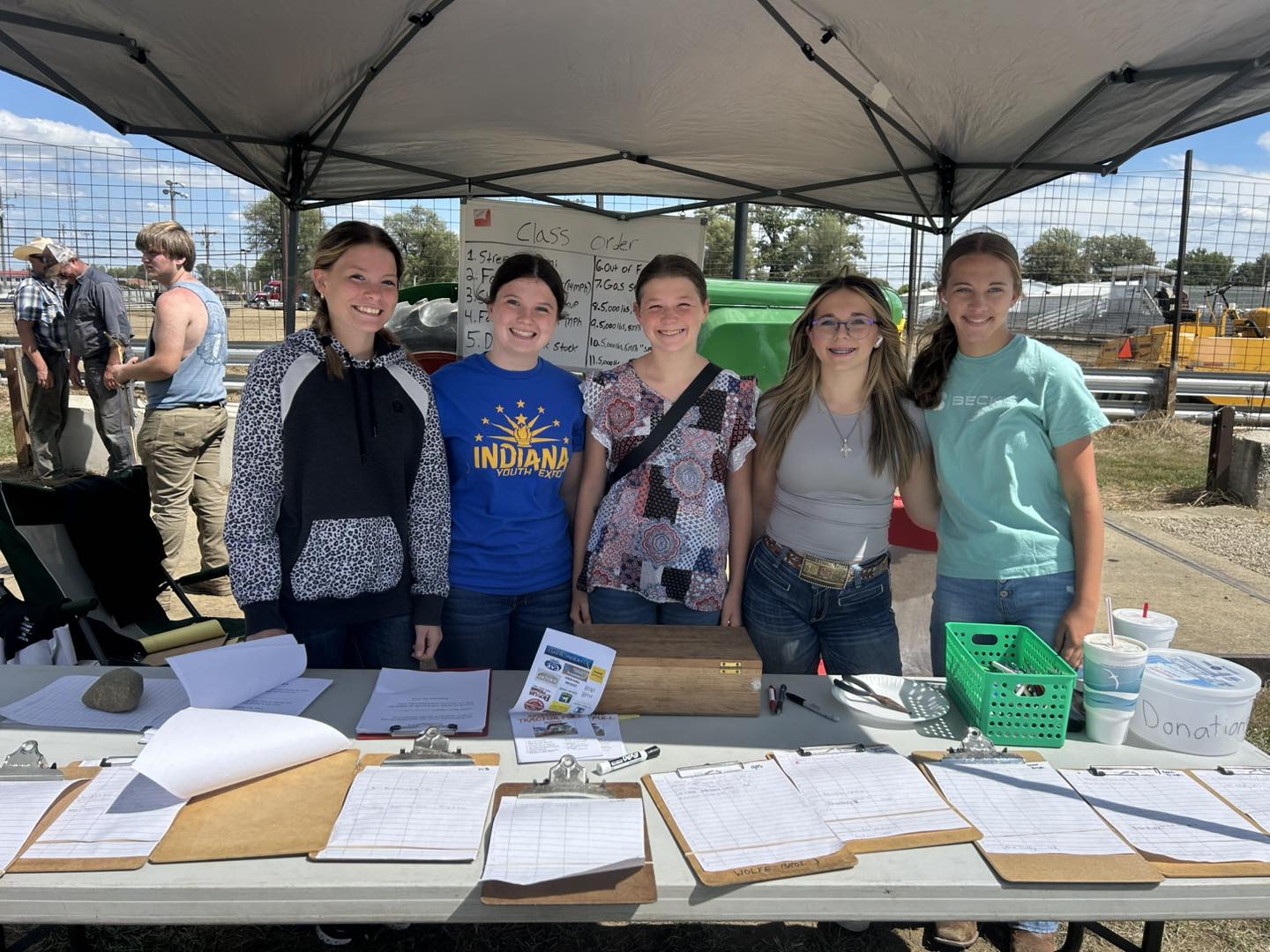
Required Courses:
7117 Principles of Agriculture
5008 Animal Science
5070 Advanced Life Science: Animals
Required Courses:
7117 Principles of Agriculture
5008 Animal Science
5074 Advanced Life Science: Plants and Soils
Required Courses:
7117 Principles of Agriculture
5132 Horticultural Science
7114 Greenhouse and Soilless Production

Available Grades 9 - 12
2 Credits, 2 Semesters Required
Prerequisites: None
Principles of Agriculture exposes students to the diversity of career options found within the agricultural industry and to other agribusiness concepts. Students will develop an understanding of the role of agriculture in the United States and globally. Students will explore agriculture, food, and natural resource (AFNR) systems related to the production of food, fiber, and fuel, as well as the associated health, safety, and environmental management systems. Topics covered in the course range from animals, plants, food, natural resources, ag power, structures and technology, and agribusiness. Participation in FFA and Supervised Agricultural Experiences (SAE) will be an integral part of this course to develop leadership and career-ready skills.
Available Grades 10 - 12
2 Credits, 2 Semesters Required
Prerequisites: Passing Grade in 7117 Principles of Agriculture
Animal Science provides students with an overview of the animal agriculture industry. Students participate in a variety of activities and laboratory work, including real and simulated animal science experiences and projects. All areas that the students study may be applied to both large and small animals. Topics to be covered in the course include: history and trends in animal agriculture, laws and practices relating to animal agriculture, comparative anatomy and physiology of animals, biosecurity threats and interventions relating to animal and human safety, nutrition, reproduction, careers, leadership, and supervised agricultural experiences relating to animal agriculture.
Available Grades 11 - 12
2 Credits, 2 Semesters Required
Prerequisites: Passing Grade in 7117 Principles of Agriculture
Only Offered in Odd Years
Advanced Life Science: Animals provides students with opportunities to participate in various activities, including laboratory work. Students will explore concepts related to history and trends in animal agriculture as related to animal welfare, husbandry, diseases and parasites, laws and practices relating to handling, housing, environmental impact, global sustainable practices of animal agriculture, genetics, breeding practices, biotechnology uses, and comparative knowledge of anatomy and physiology of animals used in animal agriculture.
Available Grades 10 - 12
2 Credits, 2 Semesters Required
Prerequisites: Passing Grade in 7117 Principles of Agriculture
Agriculture Power, Structure, and Technology is a lab-intensive course in which students develop an understanding of the basic principles of tool selection, operation, maintenance, and management of agricultural equipment in concert with the utilization of technology. Topics covered include: safety, problem-solving/troubleshooting, electricity, plumbing, concrete, carpentry, metal technology, engines, emerging technologies, leadership development, supervised agricultural experience, and career opportunities in the area of agricultural power, structure, and technology.
Available Grades 10 - 12
2 Credits, 2 Semesters Required
Prerequisites: Passing Grade in 7117 Principles of Agriculture
Only Offered in Odd Years
Greenhouse and Soilless Production provides an overview of structural designs and uses of enclosed structures (greenhouses) to grow various plants and food. The course will focus on discussing different types of enclosed structures, management systems, and growing systems used to produce plants and food. The course will also present an overview of soilless growing systems such as hydroponics, aquaponics, aeroponics, and fogponics. Students will utilize the school greenhouse as part of this course.
Available Grades 11 - 12
2 Credits, 2 Semesters Required
Prerequisites: Passing Grade in 7117 Principles of Agriculture
Only Offered in Even Years
Advanced Life Science: Plants and Soils provides students with opportunities to participate in a variety of activities, including laboratory work. Students study concepts, principles, and theories associated with plants and soils. Knowledge gained enables them to better understand the workings of agricultural and horticultural practices. They recognize how plants are classified, grow, function, and reproduce. Students explore plant genetics and the use of plants by humans. They examine plant evolution and the role of plants in ecology. Students investigate, through laboratories and fieldwork, how plants function and how soil influences plant life.
Available Grades 10 - 12
2 Credits, 2 Semesters Required
Prerequisites: Passing Grade in 7117 Principles of Agriculture
Horticulture Science provides students with a background in the field of horticulture. Coursework includes hands-on activities that encourage students to investigate areas of horticulture as it relates to the biology and technology involved in the production, processing, and marketing of horticultural plants and products. Students are introduced to the following areas of horticulture science: reproduction and propagation of plants, plant growth, growth media, management practices for field and greenhouse production, marketing concepts, production of plants of local interest, greenhouse management, floral design, and pest management. Students participate in a variety of activities, including extensive laboratory work, usually in a school greenhouse.
Available Grades 10 - 12
2 Credits, 2 Semesters Required
Prerequisites: Passing Grade in 7117 Principles of Agriculture
Only Offered in Even Years
Natural Resources provides students with a background in environmental science and conservation. Coursework includes hands-on learning activities that encourage students to investigate areas of environmental concern. Students are introduced to the following areas of natural resources: soils, the water cycle, air quality, outdoor recreation, forestry, minerals, interrelationships between humans and natural systems, wetlands, wildlife, safety, careers, leadership, and supervised agricultural experience programs.
Available Grades 11 - 12
1-2 Credits, 8 Credits Maximum
Prerequisites: Passing Grade in 7117 Principles of Agriculture and Instructor Recommendation
The Supervised Agricultural Experience (SAE) is designed to provide students with opportunities to gain experience in the agricultural field(s) in which they are interested. Students will apply knowledge learned in the classroom, laboratory, and other training sites to real-life situations with a standards-based learning plan. Students work closely with their agriculture teacher(s), parents, and/or employers to get the most out of their SAE program. This course can be offered each year as well as during the summer session. Curriculum content and competencies need to be varied so that school year and summer session experiences are not duplicative.


